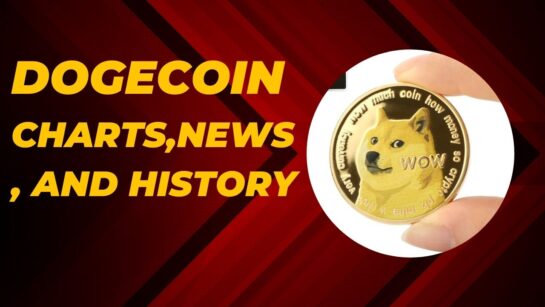CHARTS
Financials
News
Company History and Founding Days
Table of Contents
- Introduction
- Founding Days
- Company Founders
- Major Stakeholders
- Company Timeline
- Board of Directors
- Conclusion
Introduction
Costco Wholesale Corporation, known simply as Costco, has grown from a single warehouse in Seattle to a global retail giant. Renowned for its membership-based warehouse model, Costco offers a wide variety of goods at competitive prices, attracting millions of loyal members worldwide. This article delves into the founding days of Costco, the visionaries behind its success, its major stakeholders, and a detailed timeline of its growth. Additionally, we will take a closer look at the current board of directors who steer the company’s strategic direction.

Founding Days
Costco’s journey began in 1983 in Seattle, Washington. The concept was simple yet innovative: create a membership-only warehouse that could offer low prices by selling products in bulk. This idea was inspired by the success of Price Club, a warehouse store founded by Sol Price in 1976, which targeted small businesses with discounted bulk purchases.
Company Founders
Costco was co-founded by James (Jim) Sinegal and Jeffrey H. Brotman. Jim Sinegal, with a background in retail, brought extensive experience from his time at FedMart and Price Club. Jeffrey Brotman, a lawyer and entrepreneur, provided the legal acumen and business strategy essential for the company’s initial growth. Together, they opened the first Costco warehouse on September 15, 1983, in Seattle.
James (Jim) Sinegal
Jim Sinegal’s career in retail began in 1954 as a grocery bagger. His tenure at Price Club, where he served in various management roles, was instrumental in shaping his vision for Costco. Known for his hands-on management style and focus on customer satisfaction, Sinegal played a crucial role in establishing Costco’s reputation for quality and low prices.
Jeffrey H. Brotman
Jeffrey Brotman, with his legal background and business insight, complemented Sinegal’s retail expertise. Brotman, a University of Washington School of Law graduate, had a keen understanding of corporate law and finance, which was vital during the early stages of Costco’s development.
Major Stakeholders
As of recent reports, the major stakeholders in Costco include:
- Institutional Investors: Vanguard Group and BlackRock are among the top institutional investors, holding significant shares in the company.
- Founders and Executives: Although Jim Sinegal retired in 2011, his influence remains, and he retains a stake in the company.
- Individual Shareholders: Many individual investors also hold shares, benefiting from Costco’s consistent performance and growth.
Company Timeline
1983
- September 15: The first Costco warehouse opens in Seattle, Washington.
1985
- Costco goes public on December 5, raising capital to fuel expansion.
1993
- Costco merges with Price Club, creating PriceCostco, and expanding its footprint significantly.
1997
- The company rebrands to Costco Wholesale Corporation, solidifying its market identity.
2005
- Annual sales surpass $50 billion, marking a significant milestone in its growth trajectory.
2011
- Jim Sinegal retires as CEO, succeeded by Craig Jelinek, who continues the company’s expansion and maintains its core principles.
2015
- Costco transitions from American Express to Visa for its credit card partnership, enhancing customer benefits.
2020
- During the COVID-19 pandemic, Costco adapts by enhancing its e-commerce capabilities and implementing safety measures, ensuring continuous service to its members.
Board of Directors
The board of directors at Costco includes a diverse group of experienced professionals overseeing the company’s strategic direction:
- Hamilton E. James – Chairman of the Board, Executive Chairman of Blackstone Group.
- Craig Jelinek – President and CEO of Costco.
- Susan Decker – Former President of Yahoo! Inc.
- Kenneth D. Denman – CEO of Emotient, Inc.
- Hamilton E. James – Executive Vice Chairman of Blackstone Group.
- John W. Meisenbach – Founder of MCM, a financial consulting firm.
- Charles T. Munger – Vice Chairman of Berkshire Hathaway Inc.
- Jeffrey S. Raikes – Co-founder of the Raikes Foundation.
- Jill S. Ruckelshaus – Former Commissioner of the United States Commission on Civil Rights.
- Maggie Wilderotter – Former CEO of Frontier Communications.
Conclusion
Costco Wholesale Corporation’s evolution from a single warehouse in Seattle to a global retail powerhouse is a testament to the vision and dedication of its founders, Jim Sinegal and Jeffrey Brotman. Their commitment to providing quality goods at low prices, coupled with a focus on customer satisfaction, has driven Costco’s success. The company’s strategic growth, guided by its board of directors, ensures that it continues to thrive in the competitive retail landscape. Costco remains a beloved destination for millions, embodying the values of efficiency, quality, and customer care that have defined it since its inception.
Referance: Chatgpt


